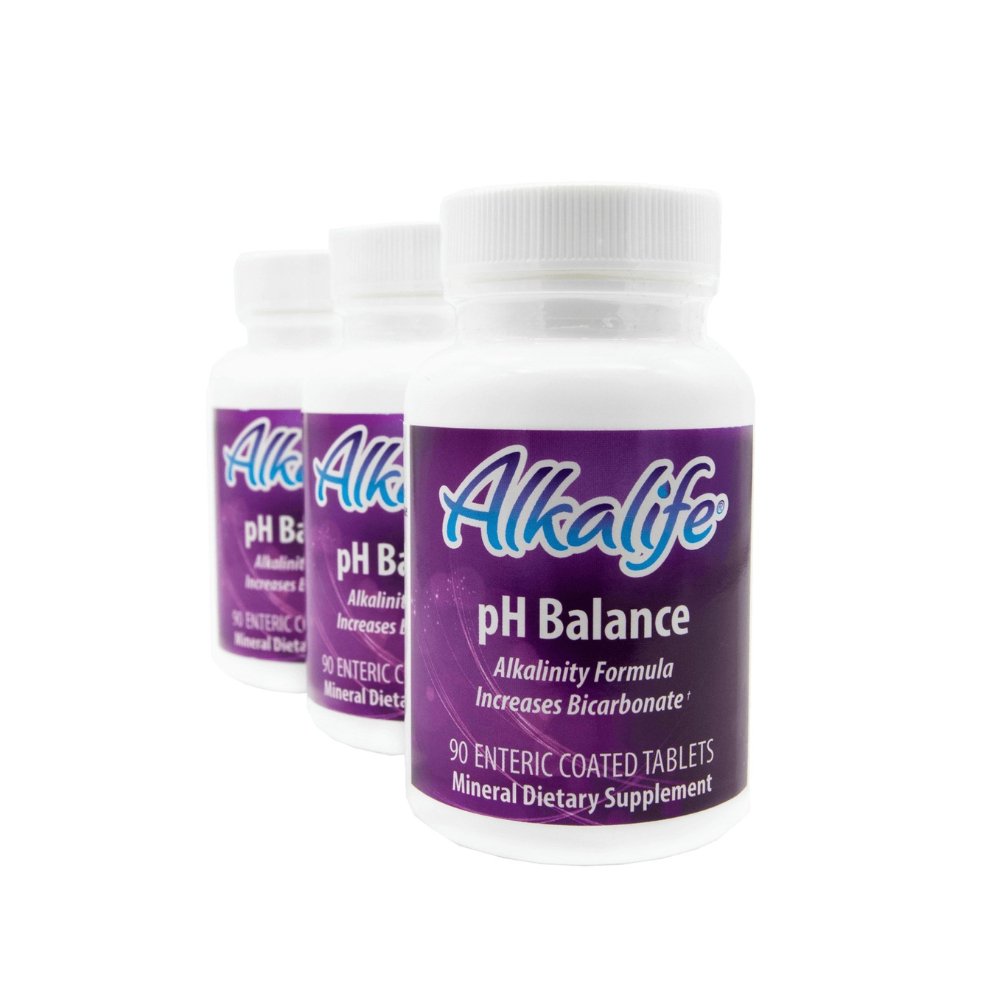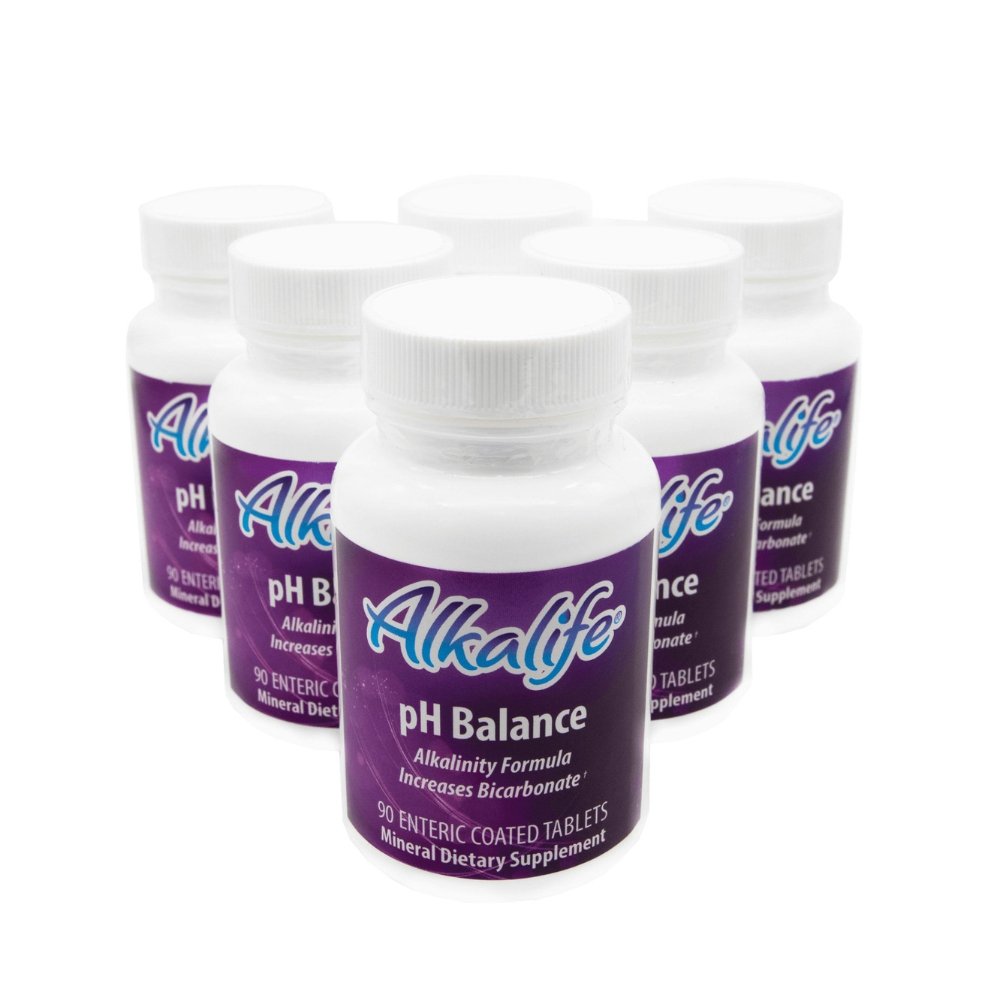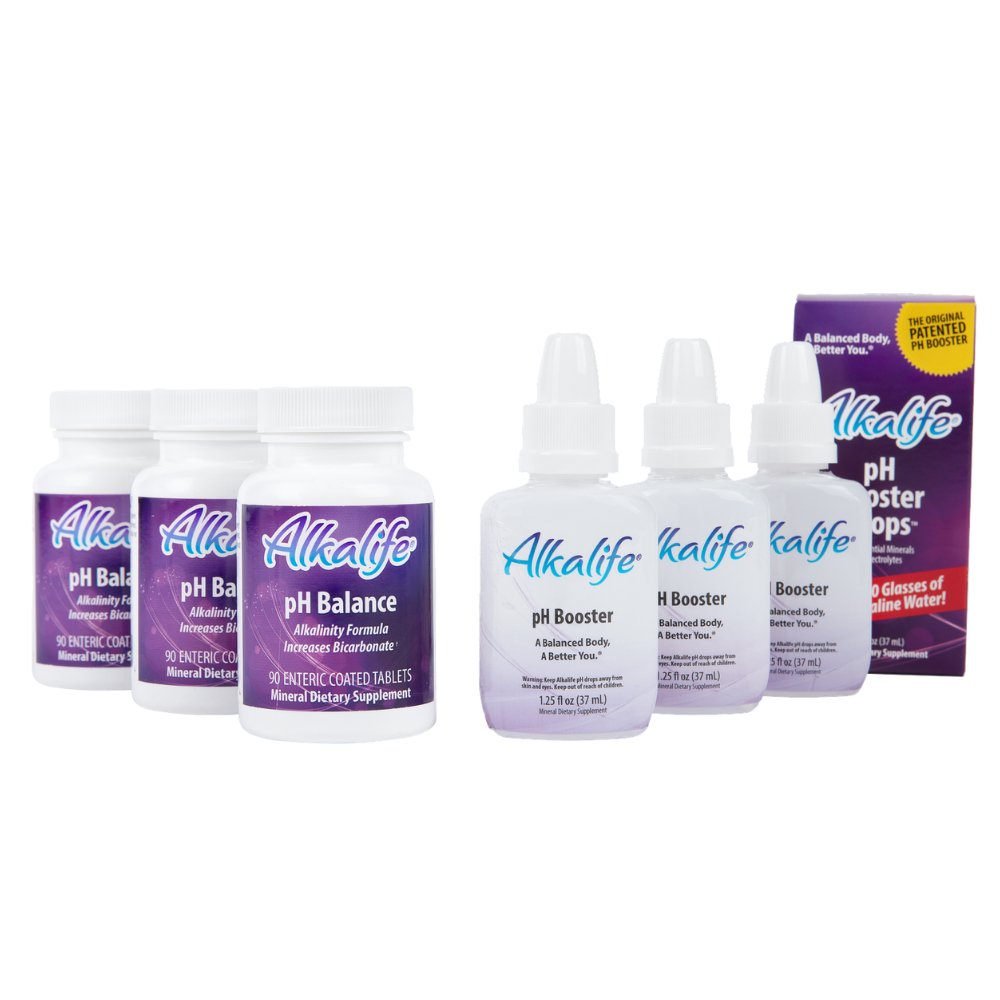Free US Shipping $49+ | 60 Day Money Back Guarantee | Shop Gift Gards for Last Minute Gifts
Free US Shipping $49+ | 60 Day Money Back Guarantee | Shop Gift Gards for Last Minute Gifts
5 Daily Habits to Boost Your Brain Health
March 26, 2025 8 min read

Guest Author: Laura Watson
Brain health is a critical component of overall well-being, impacting everything from cognitive abilities to emotional stability. You might not realize it, but the state of your brain can significantly influence how you interact with the world, make decisions, and even cope with stress. As the control center of your body, maintaining optimal brain function is essential for leading a fulfilling life.
The brain is remarkably complex, containing approximately 86 billion neurons that communicate through trillions of synapses. This intricate network is responsible for your thoughts, memories, and emotions. A decline in brain health can lead to a range of issues, including cognitive impairment, memory loss, and mental health disorders. Taking proactive steps to enhance your brain health is not just beneficial; it is crucial for longevity and quality of life.
Focusing on brain health also means being aware of the risks associated with neglecting it. Poor lifestyle choices, such as a sedentary lifestyle, unhealthy eating habits, and chronic stress, can contribute to cognitive decline. By prioritizing brain health, and taking regular multivitamins you can improve your cognitive function, enhance your mood, and boost your overall productivity.
The Science behind Daily Habits and Cognitive Function
Daily habits play a significant role in shaping the structure and functionality of your brain. Scientific research has shown that consistent behaviors can lead to neuroplasticity, the brain's ability to reorganize itself by forming new neural connections. This adaptability means that you can actively influence your cognitive abilities through your daily choices.

The relationship between habits and cognitive function is supported by numerous studies, demonstrating that engaging in specific activities can enhance memory, focus, and problem-solving skills. For instance, physical and body transformation exercise stimulates the production of neurotropic factors, which support the survival of existing neurons and encourage the growth of new ones. Similarly, a balanced diet rich in essential nutrients can provide the building blocks for neurotransmitters that facilitate communication between brain cells.
Incorporating beneficial habits into your routine can lead to long-term improvements in brain health. By understanding the science behind these daily practices, you can make informed decisions that promote cognitive vitality. The following sections will introduce five essential habits that can help you unlock the full potential of your mind.
Habit #1: Regular Physical Exercise for a Sharper Mind
Engaging in regular physical exercise is one of the most effective ways to enhance brain health. When you exercise, your body releases endorphins, which not only boost your mood but also improve cognitive function. Increased blood flow during physical activity ensures that your brain receives the oxygen and nutrients it needs to thrive. In addition to cognitive benefits, regular physical activity plays a crucial role in fatty liver treatment.
Research indicates that aerobic exercises, such as running, swimming, and cycling, are particularly beneficial for the brain. These activities stimulate the production of brain-derived neurotrophic factor (BDNF), a protein that promotes the growth and survival of neurons. As a result, individuals who engage in regular aerobic exercise often experience enhanced memory, improved focus, and reduced risk of cognitive decline.

To incorporate physical exercise into your daily routine, consider setting realistic goals. Start with 30 minutes of moderate-intensity exercise most days of the week. You can also explore various activities, such as yoga, dance, or team sports, to find what you enjoy most. The key is to make movement a regular part of your lifestyle, ensuring that your brain reaps the benefits of an active body.
Habit #2: Nourishing Your Brain with a Balanced Diet
Your brain requires a variety of nutrients to function optimally, making a balanced diet essential for cognitive health. Foods rich in antioxidants, healthy fats, vitamins, and minerals can help protect your brain from oxidative stress and inflammation. Incorporating these nutrients into your diet can support memory retention, improve concentration, and enhance overall cognitive function.
Key nutrients that promote brain health include omega-3 fatty acids, found in fatty fish, walnuts, and flaxseeds. Omega-3s are crucial for maintaining the structure of brain cells and facilitating communication between them. Additionally, antioxidants, such as those found in berries, leafy greens, and nuts, can help combat oxidative damage, potentially lowering the risk of neurodegenerative diseases.

To create a brain-boosting meal plan, aim to include a variety of colorful fruits and vegetables, whole grains, lean proteins, and healthy fats in your diet. Consider meal prepping to ensure that you have nutritious options readily available. By making conscious choices about what you eat, you can nourish your brain and enhance its functionality.
Habit #3: Quality Sleep: The Ultimate Brain Refresher
Sleep is often underrated, yet it is one of the most crucial factors in maintaining brain health. During sleep, your brain undergoes essential processes that help consolidate memories, clear toxins, and regulate emotions. Insufficient or poor-quality sleep can lead to cognitive deficits, impaired decision-making, and increased stress levels.

Studies have shown that deep sleep is particularly vital for memory consolidation. This stage of sleep allows your brain to process new information and transfer it from short-term to long-term storage. Additionally, adequate sleep helps maintain the balance of neurotransmitters that regulate mood and cognitive function. When you prioritize quality sleep, you set yourself up for improved focus, creativity, and overall cognitive performance.
To enhance your sleep quality, establish a consistent sleep schedule by going to bed and waking up at the same time each day. Create a calming bedtime routine, such as reading or meditating, to signal to your brain that it’s time to wind down. Additionally, limit exposure to screens and bright lights before bed, as they can interfere with your body’s natural sleep-wake cycle.
Habit #4: Mental Stimulation through Lifelong Learning
Engaging in lifelong learning is a powerful way to keep your brain sharp and agile. Whether through formal education, reading, attending workshops, or exploring new hobbies, stimulating your mind can enhance cognitive function and promote neuroplasticity. Challenging your brain with novel experiences encourages the growth of new neural pathways, which can improve memory and problem-solving skills.
Research suggests that activities requiring critical thinking, such as puzzles, games, and creative endeavors, can significantly lower the risk of cognitive decline as you age. By continually exposing your brain to new information and experiences, you foster an environment that supports mental resilience and adaptability.
To incorporate lifelong learning into your routine, set aside time each week to explore a new topic or skill. This could involve taking an online course, joining a book club, or practicing a musical instrument. The key is to remain curious and open to new experiences, as this mindset will keep your brain engaged and thriving.

Habit #5: Stress Management and Mindfulness Practices
Chronic stress can take a toll on your brain health, leading to increased anxiety, impaired memory, and reduced cognitive function. Implementing stress management techniques can help mitigate these effects and promote mental clarity. Mindfulness practices, such as meditation and deep breathing exercises, can be particularly effective in reducing stress and enhancing emotional well-being.
Research indicates that mindfulness meditation can lead to structural changes in the brain, such as increased gray matter density in areas associated with memory, emotional regulation, and self-awareness. Regular practice can also improve attention span and cognitive flexibility, enabling you to navigate daily challenges with greater ease.

To incorporate mindfulness into your daily routine, consider setting aside a few minutes each day for meditation or mindful breathing. You can also practice mindfulness during everyday activities, such as eating or walking, by focusing on the sensations and experiences in the present moment. By prioritizing stress management and mindfulness, you can create a healthier mental environment that supports optimal brain function.
Incorporating These Habits into Your Daily Routine
Now that you understand the importance of these five habits, the next step is to incorporate them into your daily routine. Start by selecting one or two habits to focus on initially, setting realistic goals to ensure you can maintain consistency. Gradually introduce additional habits as you feel more comfortable and confident.
Creating a structured schedule can be beneficial in helping you stay accountable. For instance, allocate specific times for physical exercise, meal preparation, and mindfulness practices throughout your day. Incorporating these habits into your routine can also be made easier by finding a workout buddy, cooking with family or friends, or joining a local learning group.
Example of a Daily Routine:
Time Activity 7:00 AM Morning exercise (30 minutes) 8:00 AM Healthy breakfast (including omega-3s) 9:00 AM Work or study with focused breaks 12:00 PM Lunch with brain-boosting foods 1:00 PM Read a book or take an online course 5:00 PM Evening mindfulness session 10:00 PM Wind down for sleep By following a structured routine, you can create an environment that fosters brain health, ultimately enhancing your cognitive function and overall well-being.
Measuring Progress: How to Track Your Brain Health
Tracking your brain health can help you stay motivated and identify areas for improvement. There are several tools and methods available for measuring cognitive function and overall brain health. Consider using a combination of self-assessments, journaling, and technology to monitor your progress.
1. Self-Assessments: Regularly evaluate your cognitive abilities, including memory, attention, and problem-solving skills. You can find various online cognitive tests that provide insights into your current abilities.
2. Journaling: Maintain a journal to document your daily habits and any changes you notice in your cognitive function and emotional well-being. Recording your experiences can help you identify patterns and make adjustments as needed.
3. Technology: Utilize brain-training apps or wearable devices that track your mental performance and physical activity. These tools can provide valuable data on your progress and help you stay accountable.
By consistently monitoring your brain health, you can celebrate your successes and make informed adjustments to your daily habits, ensuring that you remain on the path to optimal cognitive function.
Beyond the 5 Habits: Additional Tips for Optimal Brain Function
While the five habits discussed earlier are foundational for enhancing brain health, there are additional strategies you can adopt to optimize cognitive function further. Here are some supplementary tips:
• Stay Hydrated: Dehydration can impair cognitive performance. Ensure you drink enough water throughout the day to support optimal brain function.
• Limit Alcohol and Smoking: Excessive alcohol consumption and smoking can negatively impact brain health. Reducing or eliminating these substances can contribute to better cognitive function.
• Connect Socially: Maintaining social connections can be beneficial for brain health. Engaging in meaningful conversations and spending time with loved ones can provide emotional support and cognitive stimulation.
• Practice Gratitude: Cultivating a mindset of gratitude can improve mental health and emotional resilience. Consider keeping a gratitude journal to reflect on positive experiences and foster a sense of well-being.
By incorporating these additional strategies alongside the five core habits, you can create a comprehensive approach to enhancing your brain health.
Conclusion: Embracing a Brain-Healthy Lifestyle
In conclusion, prioritizing brain health is a vital aspect of achieving a fulfilling and productive life. By adopting daily habits such as regular physical exercise, a balanced diet, quality sleep, lifelong learning, and stress management, you can unlock your mind's potential and enhance cognitive function.
Remember that the journey toward better brain health is a gradual process. Be patient with yourself as you implement these habits into your daily routine. Celebrate your progress and remain open to adjusting your strategies as needed.
Also in News

Hydration and Mental Clarity: Does pH-Balanced Water Affect Focus
December 01, 2025 6 min read
Read More
From Sleep to Sweat: How Your Daily Hydration Impacts Overall Wellness
November 11, 2025 5 min read
Read More






